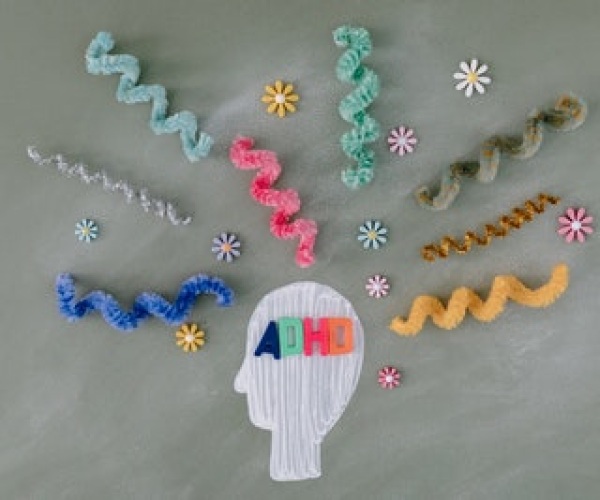Supporting your child with ADHD

What is ADHD?
Attention Deficit Hyperactivity Disorder (ADHD) is a neurodevelopmental condition affecting approximately 1 in 20 children and is characterised by difficulties with attention and/or hyperactivity and impulse control (DAE, 2019). ADHD begins in childhood, with signs and symptoms present prior to 12 years of age, and has a significant impact on an individual’s daily functioning.
Signs and symptoms
Symptoms of ADHD must be present across two settings and may include:
- Inattention difficulties such as challenges with concentration, focus, forgetfulness, organisation and losing things.
- Hyperactive/impulsive behaviour such as fidgeting and restlessness, difficulty sitting still or staying quiet, trouble waiting turns, and acting without forethought (e.g interrupting).
There are three types of ADHD, with the diagnosis dependent on the specific symptoms that the individual presents with:
- Predominantly Inattentive – mostly difficulties with inattention
- Predominantly Hyperactive/Impulsive – mostly difficulties with hyperactivity and impulsivity
- Combined – inattention and hyperactivity/impulsivity difficulties
How to support your child
A child with ADHD may have trouble with thinking, learning, managing their emotions, and controlling certain behaviours. You can assist your child with some of the following strategies:
Time management and organisation – Children with ADHD may experience difficulty with time management, organisation, planning, and prioritising. Support them to set regular routines and sequences within the day. Try a weekly calendar to track regular activities – stick this on the fridge or in their bedroom. Assist your child to use a diary or a planner to keep track of important due dates or events such as school work, sports practice, birthday parties etc. Combining visual reminders with verbal prompts can be helpful.
Break down tasks into smaller chunks – Following multi-step instructions can be challenging. Keep instructions simple, break down tasks, and provide breaks where possible. Checklists for important daily tasks can also be helpful.
Establish good sleep hygiene – Children with ADHD can sometimes have difficulty sleeping. Support regular bedtimes, wind down routines, and turn off screens at least 30 minutes before bed.
Support good self-care – Encourage helpful self-care activities such as engagement in physical activity that they enjoy, hobbies, connections with friends, and eating nutritious meals.
Provide clear and consistent behavioural expectations – As some children with ADHD can have difficulty regulating their behaviors, assist your child by providing clear and consistent behavioural expectations and consequences. If your child displays inappropriate behaviour, consequences should be immediate, short, and swift. Assist them by modelling more appropriate responses. Use of planned ignoring can be used to decrease frequency of (non-serious) undesirable behaviour.
Support them to ‘stop and think’ – Assist in managing impulsive behaviour by supporting your child to stop and think prior to acting. Children with ADHD have difficulty foreseeing future outcomes, so help them to consider the consequences and risk associated with their choices.
Reinforce positive behaviours – Provide praise, encouragement and rewards for desirable behaviours and effort. Develop an incentive system and show them positive feedback and attention for doing the right thing.
Show interest in your child – Spend quality time with them on a regular basis doing something that they enjoy. Connect with them, pay attention to their needs and show them that you care.
Connect with your child’s school – A child with ADHD may experience challenges with academic performance. Advising your child’s school regarding their ADHD diagnosis can assist with informing relevant teaching and learning strategies to support your child in the classroom, as well as assisting them to engage with positive social connections.
Psychological support for ADHD
It is important to have ADHD diagnosed and the appropriate support provided as soon as possible. Children with ADHD more commonly experience learning disorders and can be more vulnerable than other children to experience difficulties with anxiety and mood. Engaging with a Psychologist to support your child with their ADHD can be helpful to assist them in managing emotions, behaviour, and developing strategies to help them flourish. If you feel your child may require assistance with ADHD, contact us at Prosper Health Collective for further information on 6381 0071.
References
Deloitte Access Economics (2019). The social and economic costs of ADHD in Australia Report commission by and prepared for the Australian ADHD Professionals Association (AADPA).
American Psychiatric Association. (2013). Diagnostic and Statistical Manual of Mental Disorders, 5th ed. Washington, DC.